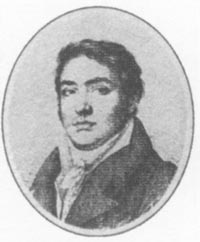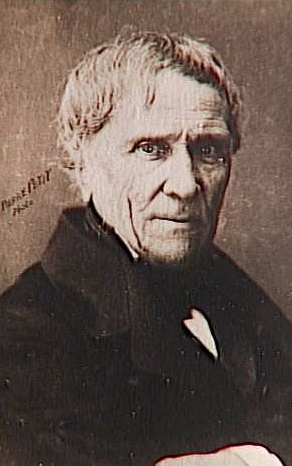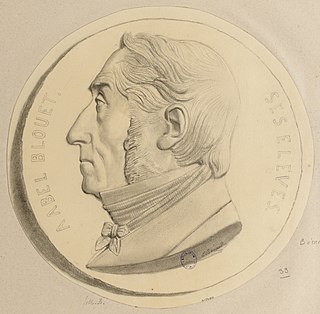Auguste Barth | |
|---|---|
 | |
| Born | 22 May 1834 |
| Died | 15 April 1916 (aged 81) |
Auguste Barth (born in Strasbourg 22 May 1834; died in Paris 15 April 1916) was a French orientalist.
Auguste Barth | |
|---|---|
 | |
| Born | 22 May 1834 |
| Died | 15 April 1916 (aged 81) |
Auguste Barth (born in Strasbourg 22 May 1834; died in Paris 15 April 1916) was a French orientalist.
He is best known by his work in connection with the religions of India. His volume, Les religions de l'Inde (Paris, 1879), was translated into English (London, 1882). Mention may also be made of his Inscriptions sanscrites du Cambodge (Sanskrit inscriptions of Cambodia; Paris, 1885) and of numerous monographs and reviews in Journal Asiatique, in Mélusine, and in the Mémoires de la Société de Linguistique. His annual reports on researches into the history of Indian religions, in Revue de l'Histoire des Religions (1880) are especially valuable. He was a member of the French Institute. [1]
Barth became a foreign member of the Royal Netherlands Academy of Arts and Sciences in 1896. [2]
Alfred Charles Auguste Foucher (1865–1952), was a French scholar, who argued that the Buddha image has Greek origins. He has been called the "father of Gandhara studies", and is a much-cited scholar on ancient Buddhism in northwest Indian subcontinent and the Hindu Kush region.

François Auguste Marie Mignet was a French journalist and historian of the French Revolution.

Eugène Burnouf was a French scholar, an Indologist and orientalist. His notable works include a study of Sanskrit literature, translation of the Hindu text Bhagavata Purana and Buddhist text Lotus Sutra. He wrote a foundational text on Buddhism and also made significant contributions to the deciphering of Old Persian cuneiform.

Bertrada of Laon, also known as Bertrada the Younger or Bertha Broadfoot, was a Frankish queen. She was the wife of Pepin the Short and the mother of Charlemagne, Carloman and Gisela, plus five other children.

Jean Antoine Letronne was a French archaeologist.

Jean-Pierre Abel-Rémusat was a French sinologist best known as the first Chair of Sinology at the Collège de France. Rémusat studied medicine as a young man, but his discovery of a Chinese herbal treatise enamored him with the Chinese language, and he spent five years teaching himself to read it. After publishing several well-received articles on Chinese topics, a chair in Chinese was created at the Collège de France in 1814 and Rémusat was placed in it.

Antoine César Becquerel was a French scientist and a pioneer in the study of electric and luminescent phenomena.

Sir Gaston Camille Charles Maspero was a French Egyptologist known for popularizing the term "Sea Peoples" in an 1881 paper.

George Cœdès was a French scholar of southeast Asian archaeology and history.
Joachim Menant was a French magistrate and orientalist.

Pierre-Justin-Marie Macquart was a French entomologist specialising in the study of Diptera. He worked on world species as well as European and described many new species.
Joseph Héliodore Sagesse Vertu Garcin de Tassy was a French orientalist.

Abbé Auguste-Théodore-Paul de Broglie was professor of apologetics at the Institut Catholique in Paris, and writer on apologetic subjects.

Louis Finot was a French archeologist and researcher, specialising in the cultures of Southeast Asia. A former director of the Ecole française d'Extrême-Orient, his contribution to the study of Khmer history, architecture and epigraphy is widely recognised.
The Société des Antiquaires de France is a Parisian historical and archaeological society, founded in 1804 under the name of the Académie celtique. It is now based at the Louvre, in the pavillon Mollien.

Guillaume-Abel Blouet was a French architect who specialised in prison design.

Auguste Le Prévost was a French geologist, philologist, archaeologist and historian.
Clément Huart was a French orientalist, publisher and translator of Persian, Turkish and Arabic writings.
Charles Schoebel (1813–1888) was a 19th-century French ethnologist, palaeographer and linguist.

René Cagnat was a French historian, a specialist of Latin epigraphy and history of North Africa during Antiquity.